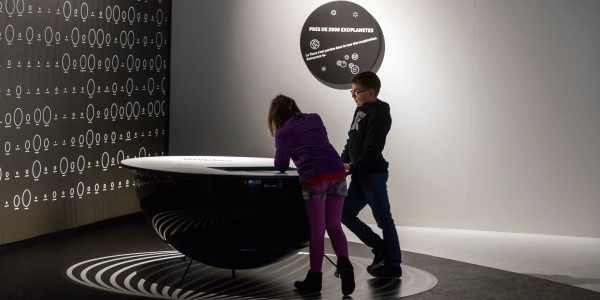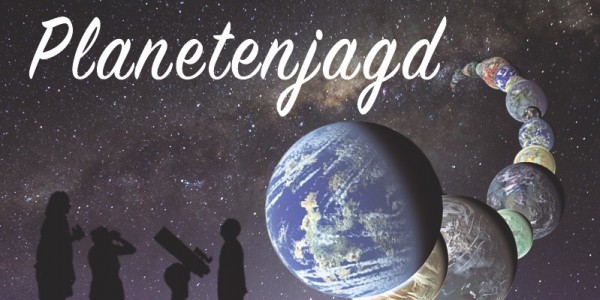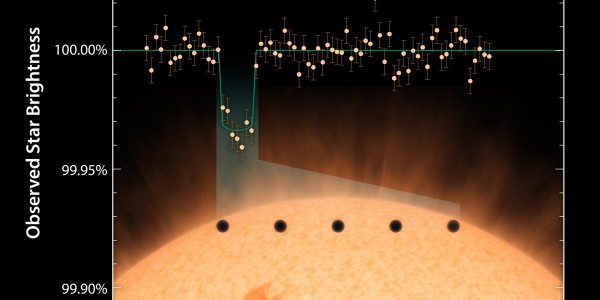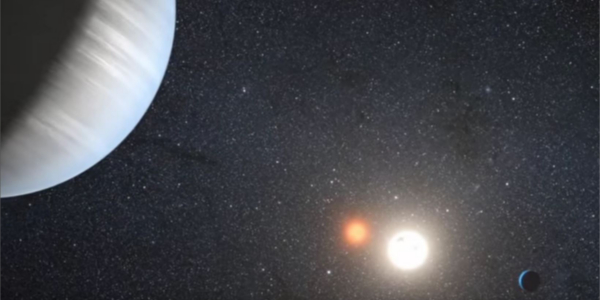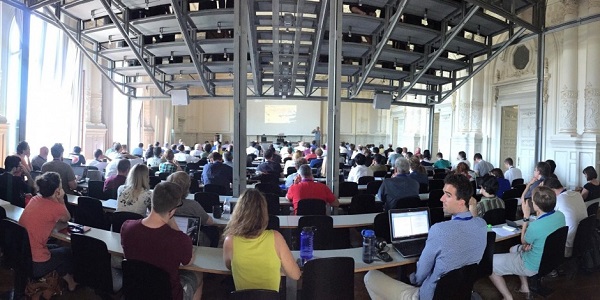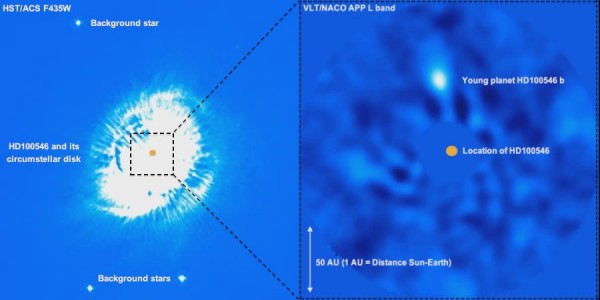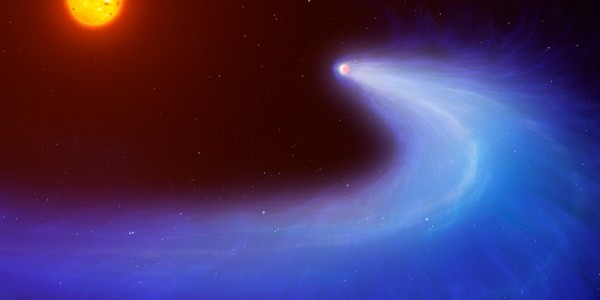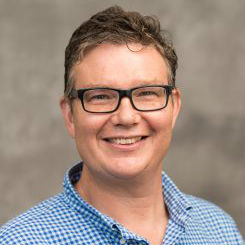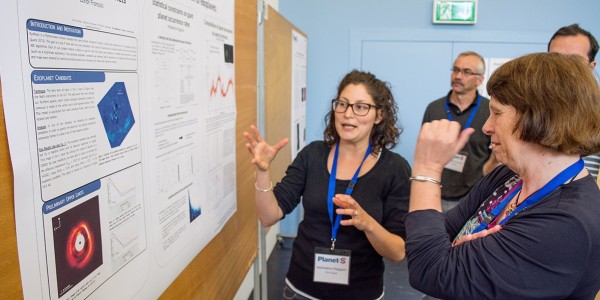News
A life elsewhere for children
Although its “Exoplanètes” exhibition is aimed to a wide audience, the Natural History Museum of Geneva is also targeting children by offering them exhibition-related activities. As a partner of “exoplanets” the NCCR PlanetS is therefore organizing activities for children entitled “could we live elsewhere” every Wednesday afternoon in August and September. As a first approach, […]
Continue ReadingThe hunt for habitable planets
5 September 2015: Take part in the event «Planetenjagd». How did life originate on Earth? Could life develop elsewhere in the universe? Ask scientists, listen to short lectures, take part in workshops for children and adults – and solve the quiz! Physicists, geologists, biologists, chemists, philosophers and theologians of the «Center for Space and Habitability» CSH, University […]
Continue ReadingAn exceptional planetary system discovered in Cassiopeia
Astronomers from the University of Geneva (UNIGE) and members of the NCCR PlanetS have teased out a secret planetary system hiding in the arms of Cassiopea, just 21 light years away from us. The remarkable system, named HD219134, hosts one outer giant planet and three inner super-Earths, one of which transits in front of the […]
Continue ReadingStrange Worlds
Michel Mayor and Didier Queloz return to Southern France and tell the story of their historic discovery five years after the breakthrough in a TV documentary.
Watch VideoConference on habitable planets
„To search for anomalies is the best available strategy to discover the forms of life – on Earth and elsewhere“, concluded Marie-Cristine Maurel, Professor at the University Pierre et Marie Curie in Paris who presented a biologist view on biodiversities and habitabilities at the Pathways conference in July 2015 in Bern. Marie-Cristine Maurel is convinced […]
Continue ReadingThe Birth of a Planet
Astronomers of PlanetS have confirmed the existence of a young gas giant planet that is still embedded in the gas and dust rich disk around its young host star. For the first time scientists are now able to directly study the planet formation process at a very early stage. For a full night a […]
Continue ReadingA planet disguised as a comet
Astronomers from the University of Geneva (UNIGE) and members of the NCCR -for National Centre of Competence in Research- PlanetS disco- vered an immense cloud of hydrogen escaping from an exoplanet the size of Neptune. This phenomenon generates like a tail or a head of hair giving it the appearance of a giant comet. Already […]
Continue ReadingA commitment to planetary science
By Michael R. Meyer, Leader Academic Platform From where did your passion for planetary science come? Mine came in part from Carl Sagan and the Cosmos television series in the early 1980s. The program seized upon my love for adventure and made the search for life in the Universe seem accessible to someone from a […]
Continue ReadingSuccessful site visit
The tension in the audience was palpable when Prof. Jamie Gilmour stood up to summarize the conclusions reached by the members of the expert panel after their first PlanetS site visit – a two-day process held on May 19th and 20th, 2015 in Bern. With a quiet, almost monotone voice the speaker of the expert […]
Continue ReadingEquality and equity
“We strongly encourage women to apply.” This is definitely not a statement of equal treatment, writes Audra Baleisis, Academic Platform Coordinator Education, Professional Development, and Diversity of PlanetS. With the following essay, she wants to start a lively discussion about a hot topic. By Audra Baleisis, ETH Zurich A few months ago, my attention at […]
Continue Reading
